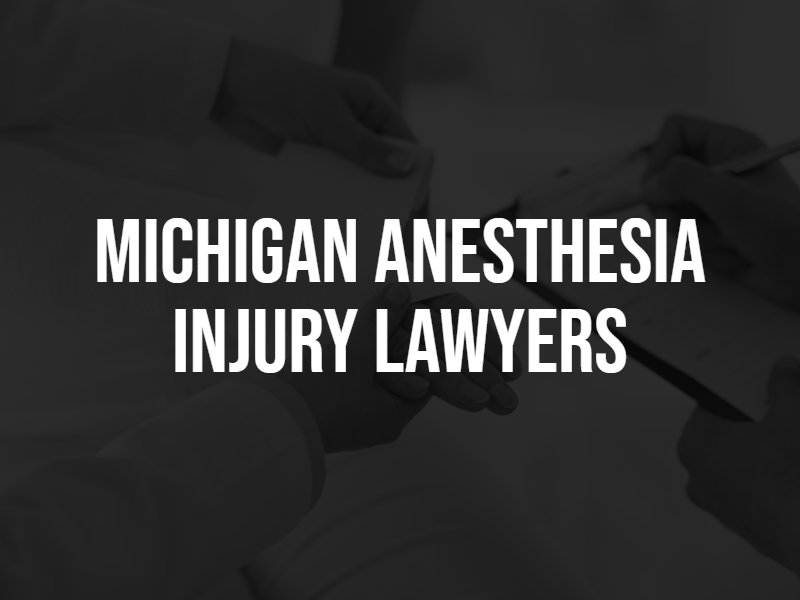Patients undergo surgery to improve or fix a medical condition. Surgery is serious, no matter if it is a “minor” surgery such a routine mole removal or a major surgery like a quadruple bypass. All surgeries have risks.
While there is no guarantee in any medical procedure, surgical problems are significantly reduced when healthcare professionals follow patient safety rules. In an operation, the anesthesiologist has the crucial role of monitoring the patient’s breathing, blood pressure, heart rhythm, temperature, level of consciousness, and amount of oxygen in the blood. An anesthesiologist who is not vigilant puts a patient in serious danger.
Here are common anesthesia errors and what you can do before surgery to protect yourself or a loved one from injury or death.
The most common anesthesia errors are:
Dosage error: Giving the patient too much or too little anesthesia.
Failure to properly monitor a patient: The anesthesiologist is responsible for monitoring the patient’s breathing, blood pressure, heart rhythm, temperature, level of consciousness, and amount of oxygen in the blood. Not monitoring a vital or not paying attention to an abnormal monitor reading puts the patient in danger.
Turning off a monitor alarm for an abnormal reading: Monitoring devices are used in medical procedures to ensure a safe oxygen level and blood pressure. These are critical during surgery for patient safety. The monitors have a built-in alarm that alerts medical providers if any becomes dangerous. If a person turns off or silences the alarm, danger may be missed.
Delayed anesthesia delivery: There can be errors in delivery anesthesia, including vaporizer leakage, IV error, syringe-swapping trouble or another mishap at the start of surgery.
Negligence plays a primary factor in many of these causes. If you believe you or a loved one suffered due to medical negligence, speak with our medical malpractice lawyers in Michigan.
Anesthesia error can cause significant harm. Severe injuries include:
Some anesthesia errors can also lead to birthing complications, which our Michigan birth injury attorneys can help you with.
Anesthesia care is important, but carelessness or distraction is dangerous. Before any surgery, make sure that you understand what the anesthesiologist will be doing during surgery. When the anesthesiologist meets with you right before the operation, ask questions and carefully read anything you are asked to sign. Important questions include:
If you are uncomfortable with any of the answers, do not consent to surgery the procedure until safe care is provided.
Unfortunately, some physicians are not careful during surgical procedures. They get careless, complacent, distracted, or cut corners on patient safety, disregarding real danger or cramming surgeries into a day to maximize profits. Physician misconduct injures patients.
Before surgery, talk to your physician and anesthesiologist about your concerns. Insist the physician takes precautions to prevent any injury. Demanding safety before surgery may save your life.
All doctors and medical professionals on duty during your surgical procedure must provide a standard of practice to ensure you are safe during surgery. If an error in anesthesia occurs, it is the responsibility of the anesthesiologist or nurse anesthetist to give medication and monitor vitals.

At the Buchanan Firm, our Grand Rapids injury attorneys know the responsibility of medical professionals to patients. If you or a loved one suffered a serious injury because of anesthesia, contact the Buchanan Firm today to discuss your case. Our combined legal-medical team has decades of success in medical malpractice cases, including anesthesia errors. We have medical professionals on staff to talk with you and immediately review your claim. Our team takes quick action to protect your legal rights.